White House Calls Deadly Texas Floods ‘Act of God’ Amid Political Blame Game
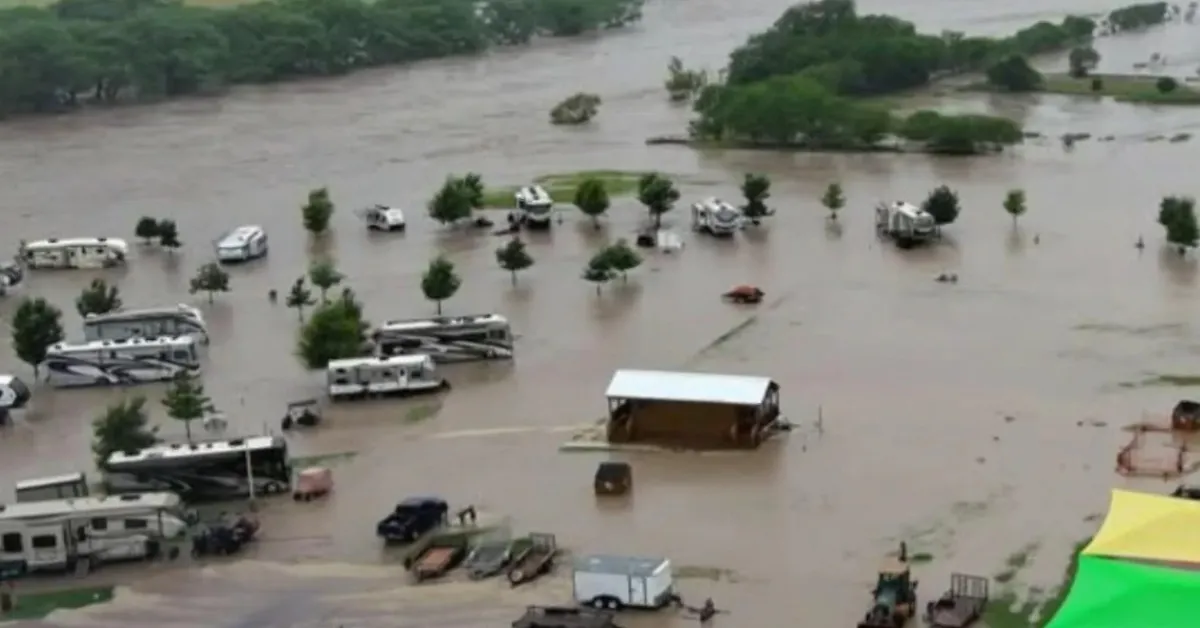
A political row has erupted in the United States following devastating floods in Texas, while a diplomatic gesture from Kenya has stirred controversy at home.
The severe flooding, triggered by sustained rainfall between 3 and 4 July, has left over 110 people dead and more than 170 missing, with widespread property destruction and mass displacement. Amidst the disaster, the White House rejects allegations that staffing reductions at the National Weather Service (NWS) contributed to the scale of the tragedy.
Press secretary Karoline Leavitt has dismissed Democratic accusations of inadequate preparedness due to prior budgetary cuts as "a depraved lie." Leavitt maintains that "this was an act of God," affirming the NWS fulfilled its duty by issuing timely warnings. However, Senate Democratic Leader Chuck Schumer calls for a formal inquiry.
He cites concerns that staffing shortages, including vacancies at the Austin/San Antonio NWS office, which covers the hardest-hit Kerr County, may have impeded emergency response efforts. Reports indicate hundreds of NWS roles were either cut or vacated during the Trump administration, raising questions about the agency's resilience during national crises.
Critics contend that warnings alone are insufficient without adequate personnel to coordinate disaster relief effectively with regional authorities, pointing to broader anxieties about the role of federal agencies in safeguarding public welfare and the politicisation of natural disasters. Internationally, the floods have drawn attention, including from Kenya's Prime Cabinet Secretary Musalia Mudavadi. On 9 July, he extended condolences via X, saying, "My thoughts and prayers are with all those mourning their loved ones and those still searching for the missing during this difficult time."
This message, intended as an expression of solidarity, has sparked a strong backlash in Kenya, with many questioning Mudavadi's silence regarding the recent Saba Saba demonstrations. According to the Kenya National Commission on Human Rights (KNCHR), the protests on 7 July, driven by economic grievances and demands for democratic reform, resulted in 31 confirmed deaths, 107 injuries, and over 500 arrests.
The KNCHR also reports instances of abduction, describing the events as deeply troubling. Mudavadi's failure to publicly acknowledge the domestic casualties has led to accusations of political insensitivity and prioritising Western relations over domestic concerns.

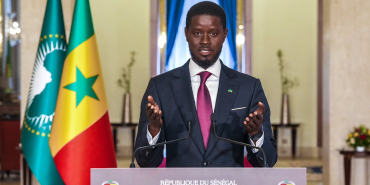
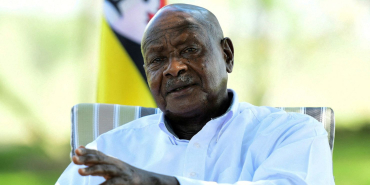

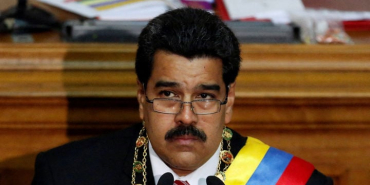
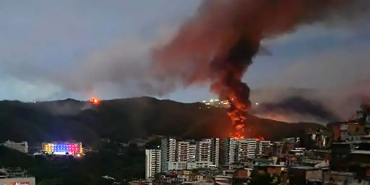

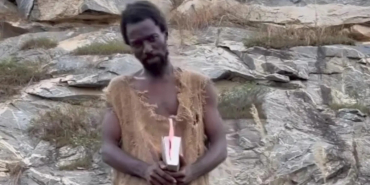






Add new comment